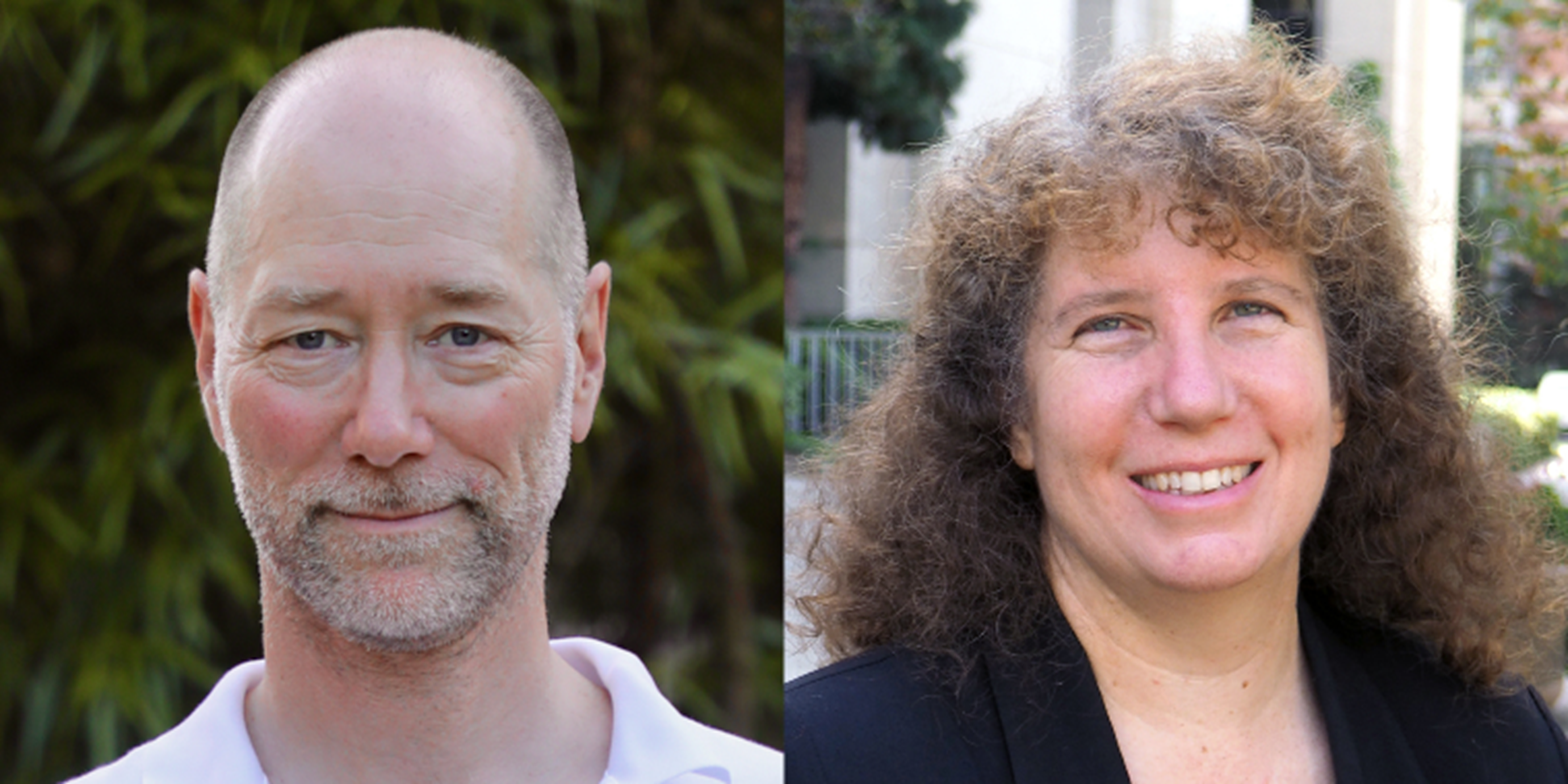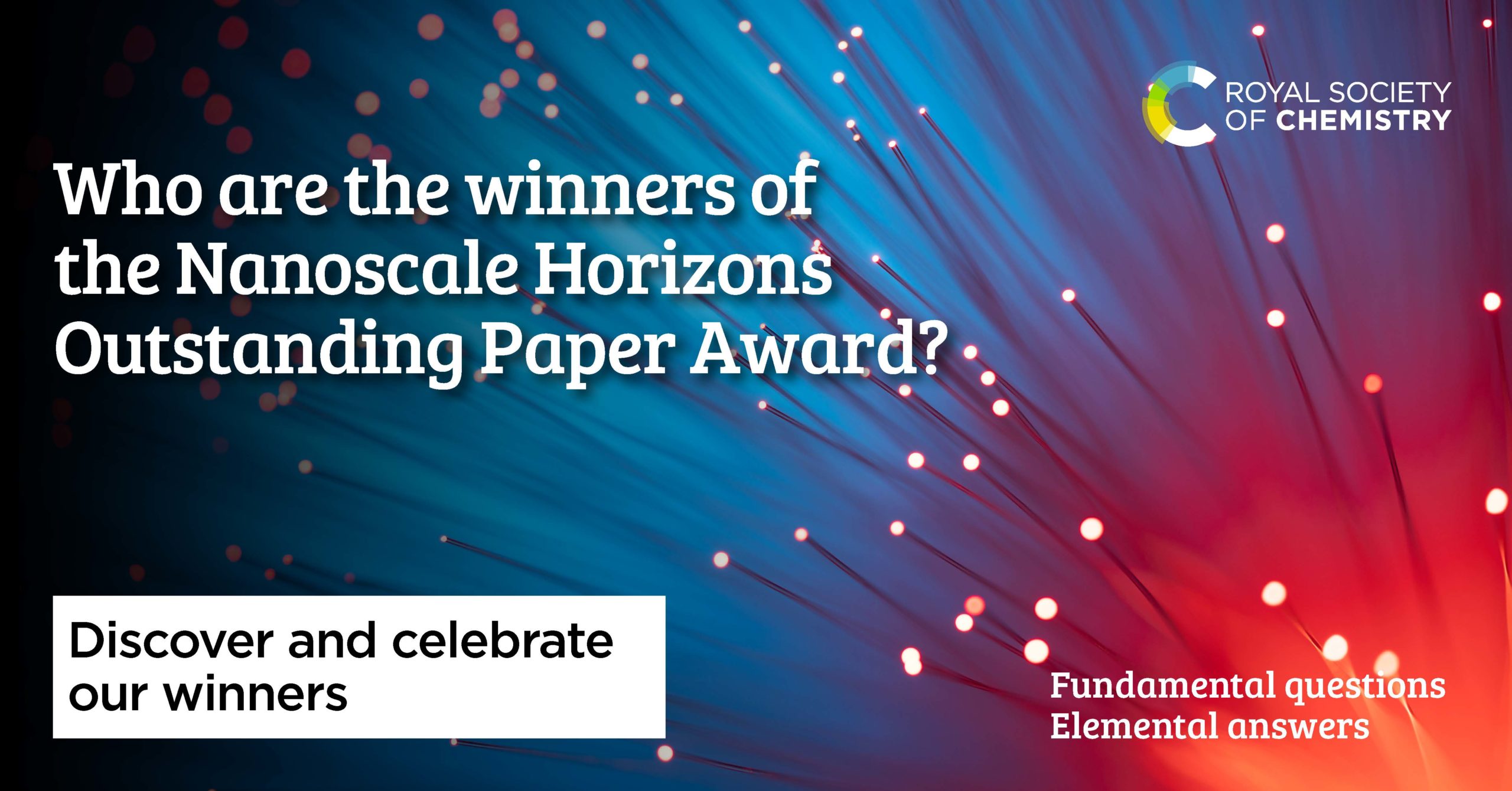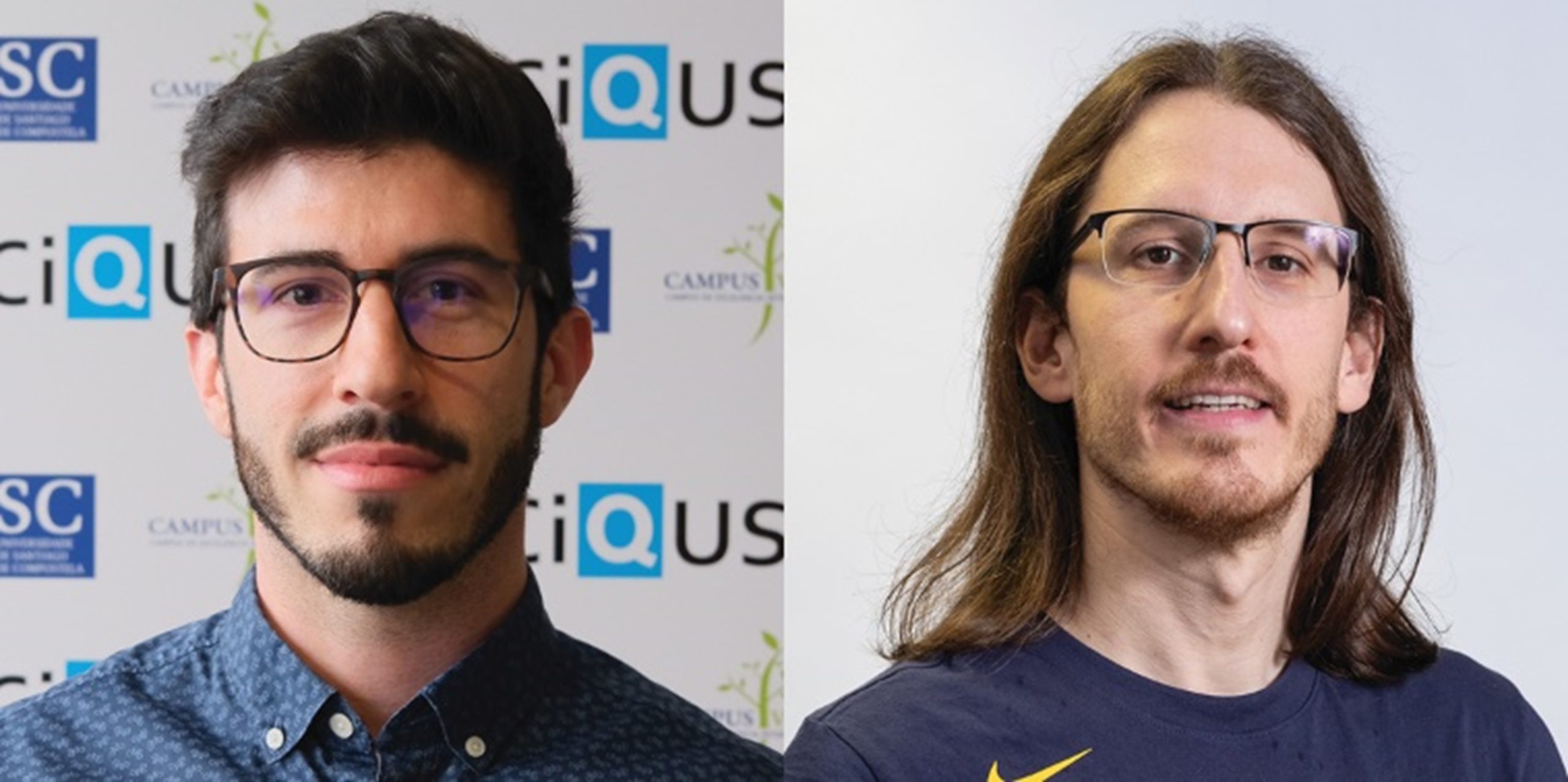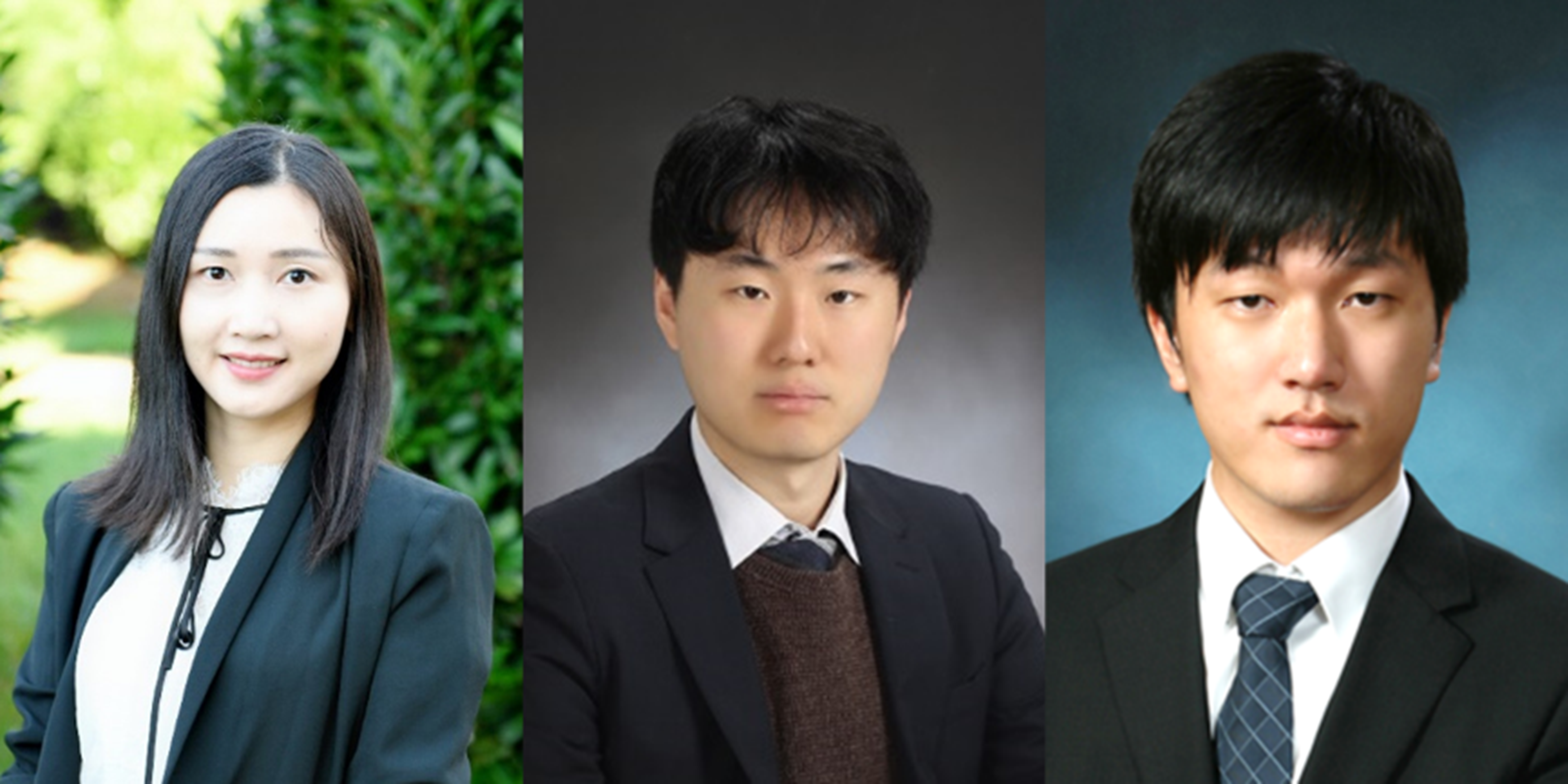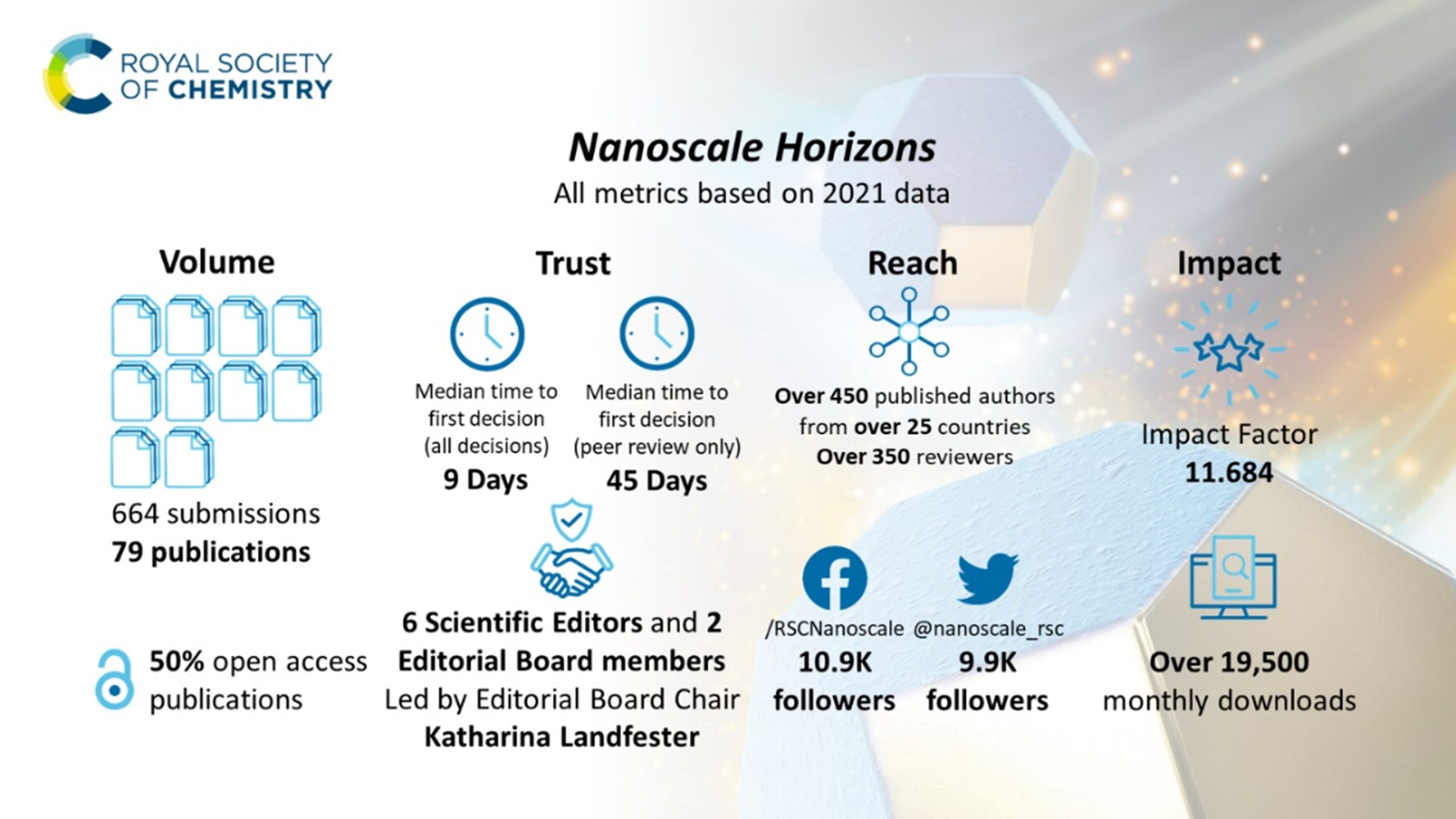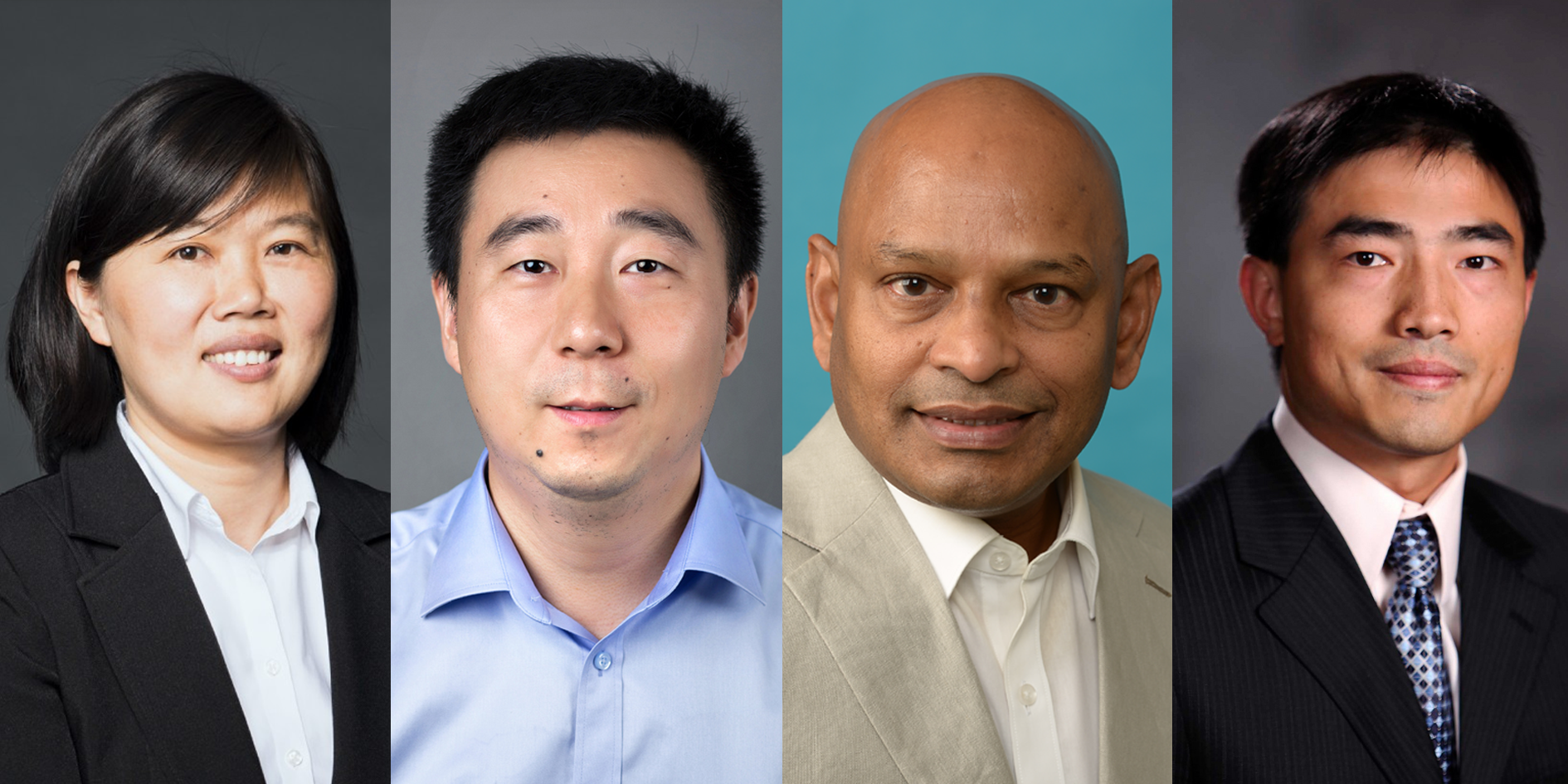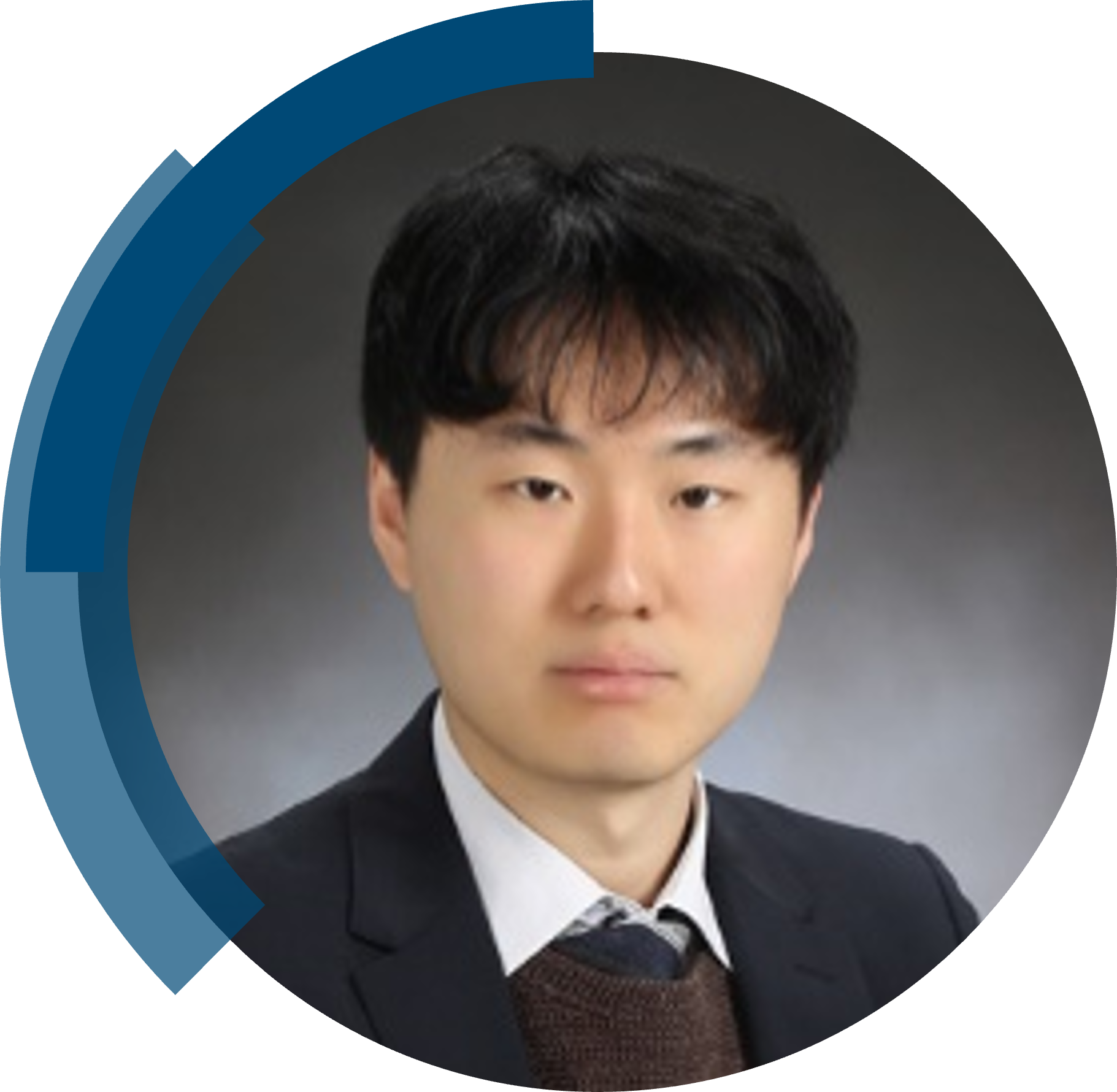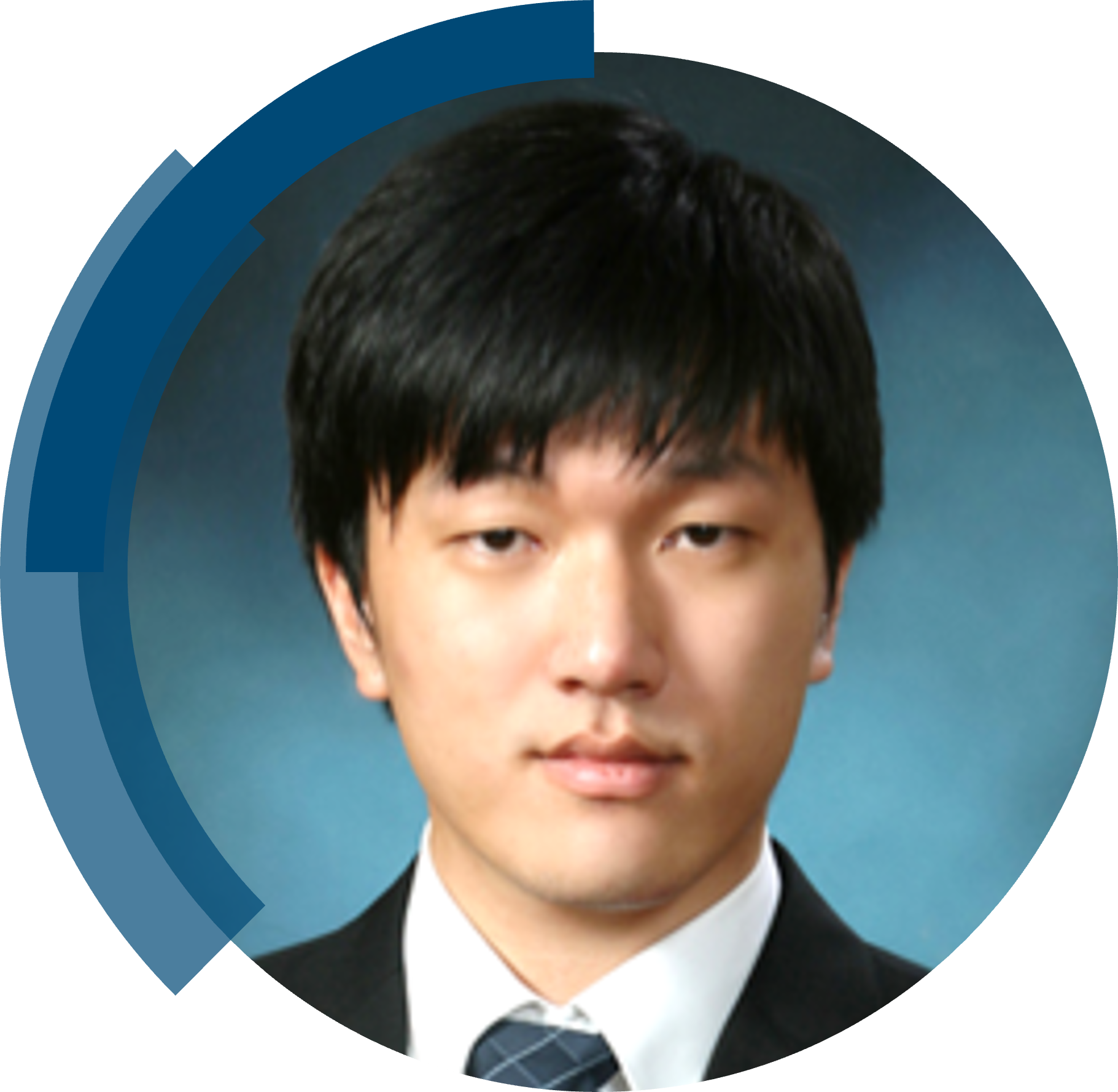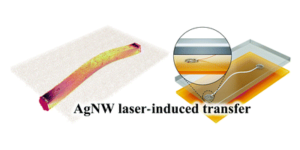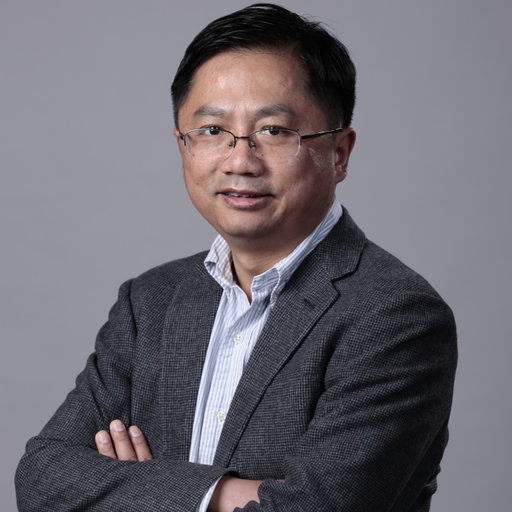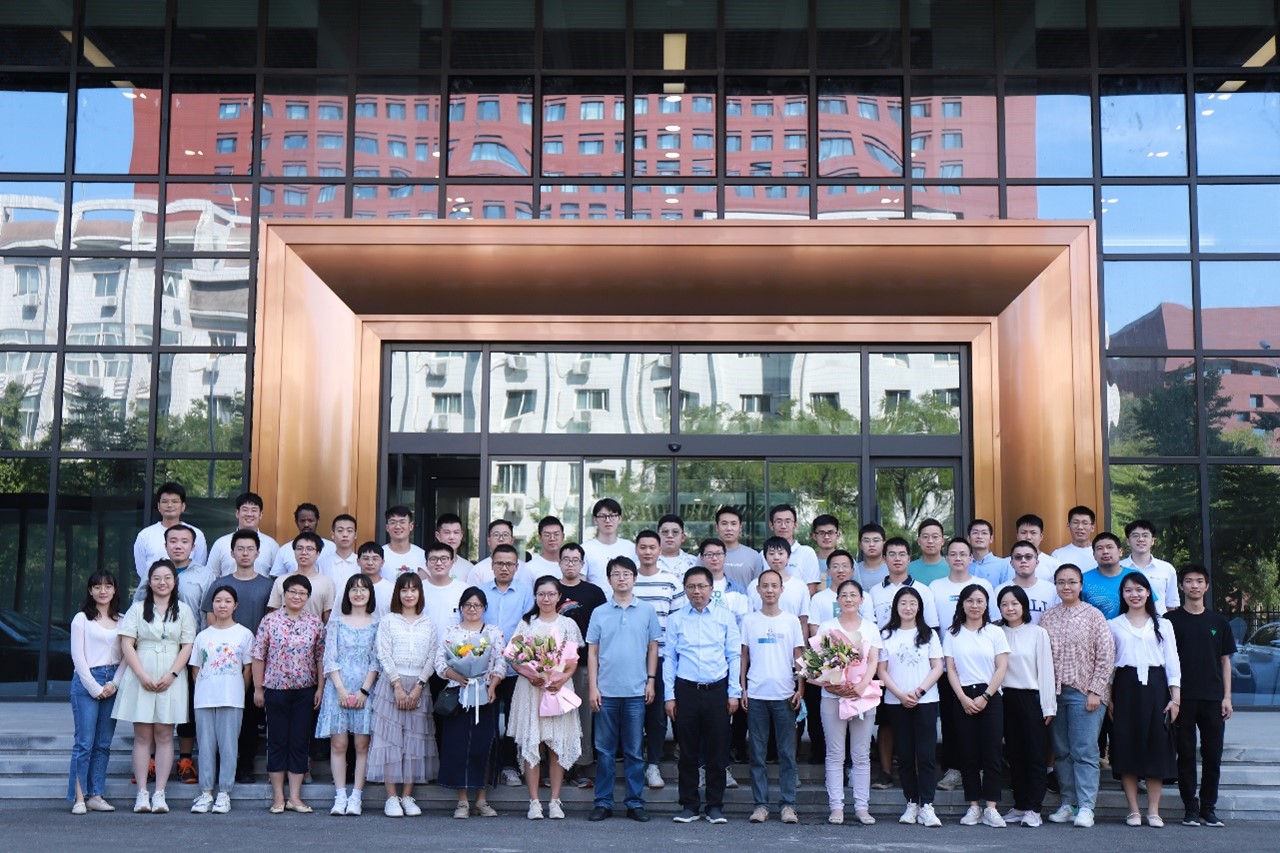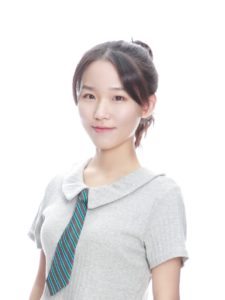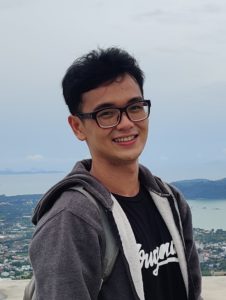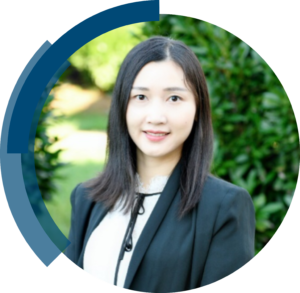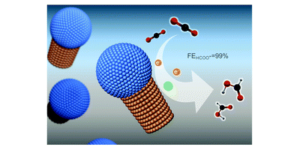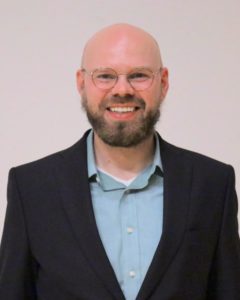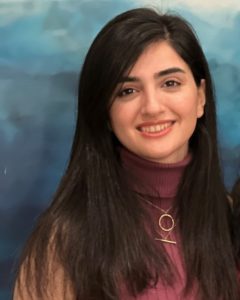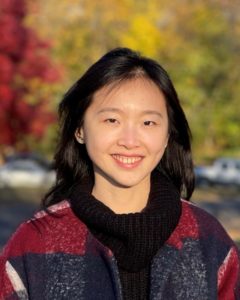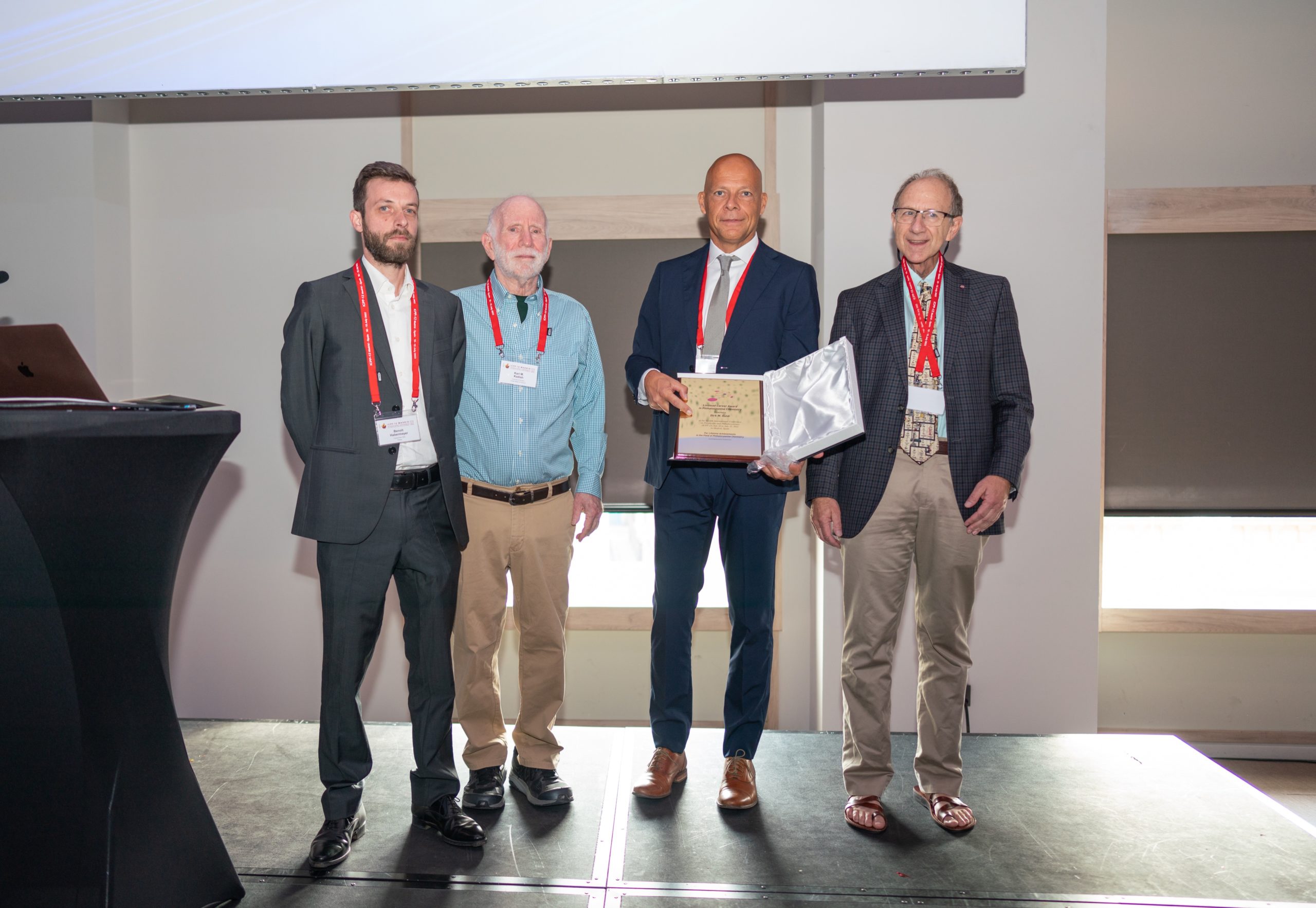The 2022 Asian Conference on Nanoscience & Nanotechnology (AsiaNANO 2022) took place in Busan, South Korea from 9–11 November 2022. Nanoscale Horizons, Nanoscale, Nanoscale Advances, Materials Horizons, Journal of Materials Chemistry B, Materials Advances, Energy Advances and EES Catalysis, and were delighted to support poster prizes at this event and we would like to congratulate the eight winners!
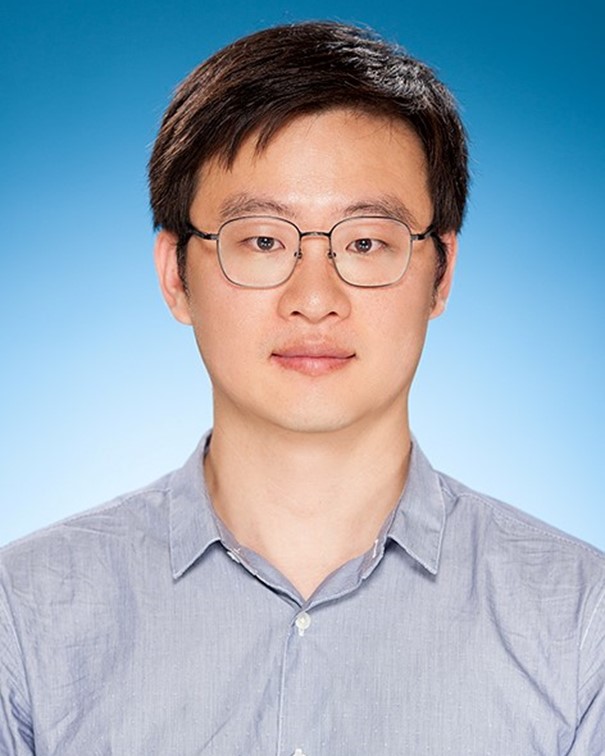
Nanoscale Horizons Poster Prize Youngdo Jeong (Korea Institute of Science and Technology) Youngdo Jeong is a Senior Research Scientist at Korea Institute of Science and Technology (KIST), South Korea. He obtained his Ph.D. in Chemistry from University of Massachusetts, Amherst (2014), US. After 4 years of industrial research career developing biosensors at LG Chem, he moved to KIST. His recent research focuses on the development of diagnostic kits, bio-adhesives, and nanozymes by mimicking biological functional modules such as genes, proteins, and enzymes. |
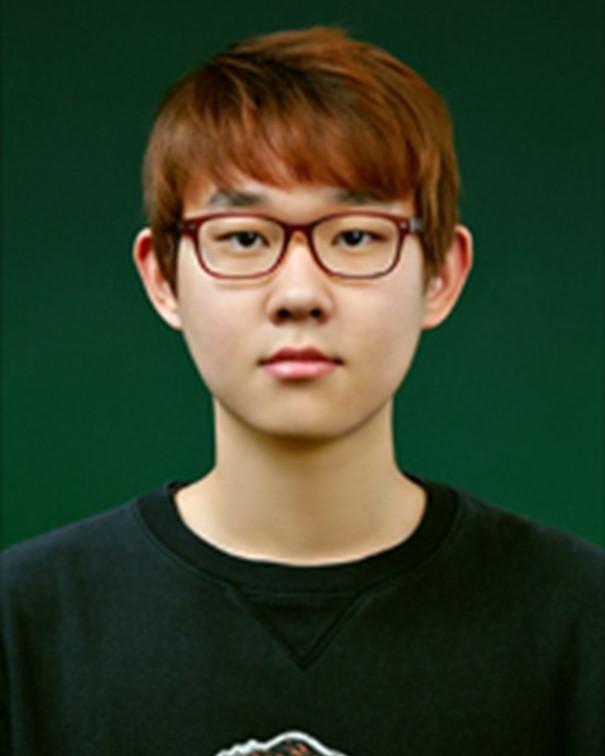
Nanoscale Poster Prize Joungpyo Lim (Sogang University) Joungpyo Lim is a Ph.D. student in the Department of Chemical and Biomolecular Engineering at Sogang University, under the supervision of Professor Jeong-Woo Choi. He obtained his B. S. (2018) and M. S. (2020) from the Department of Chemical and Biomolecular Engineering at Sogang University. His current research focused on the development and characterization of light-responsive biohybrid materials for bioelectronic applications, such as bio-solar cells and biohybrid robots with nanomaterial-introduced organoids. |
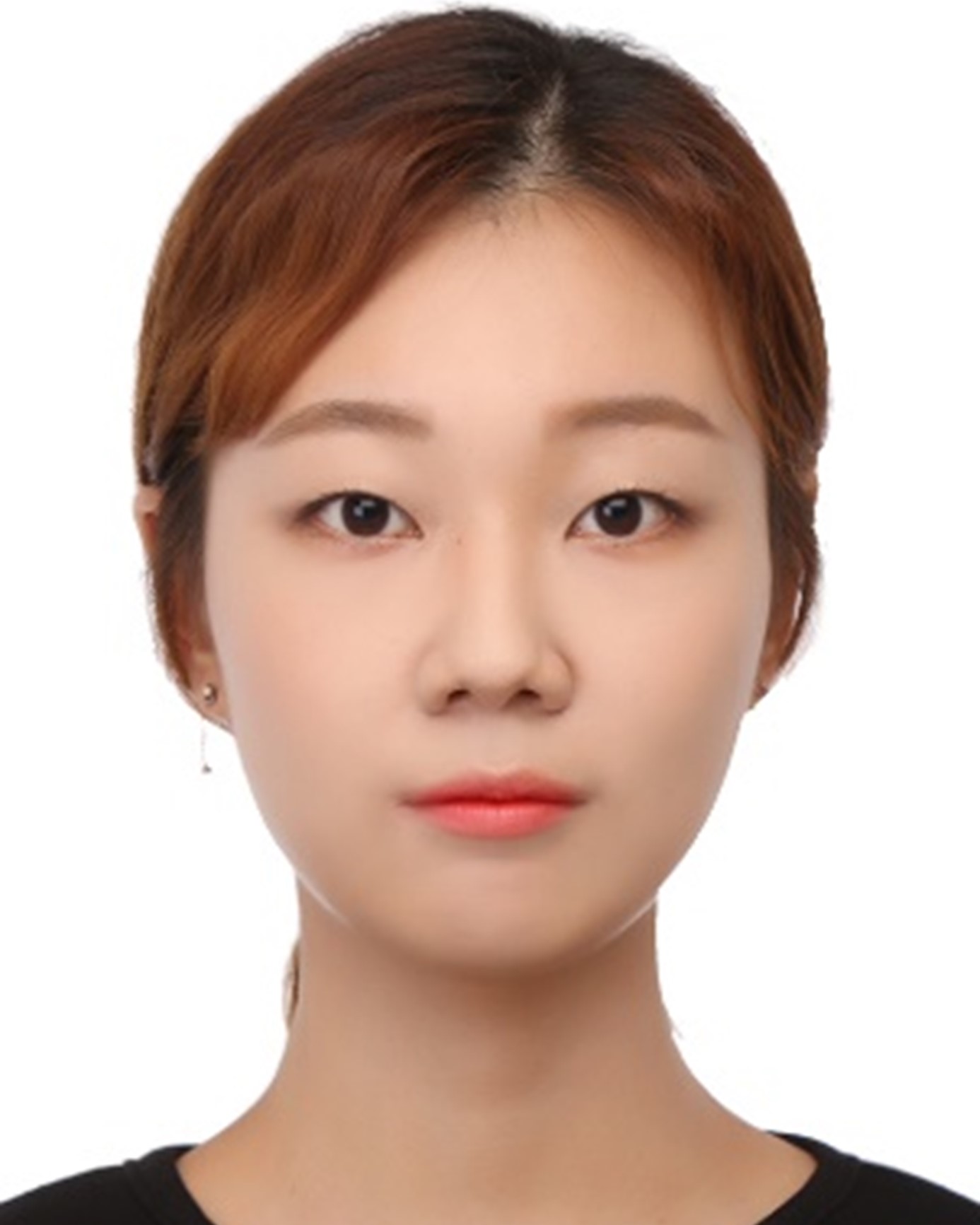
Nanoscale Advances Poster Prize Hyeonjin Park (Sungkyunkwan University) Hyeonjin Park is a Ph.D. student in the school of Chemical Engineering at Sungkyunkwan University, Korea, under the supervision of Assist. Prof. Jackman Joshua A. She is in the Dual-Ph. D. program in Materials Science and Engineering at Nanyang Technological University, Singapore, under the supervision of Prof. Cho Nam-Joon. She also serves as a member of the Translational Nanobioscience Research Center at Sungkyunkwan University. She got her B. S. degree from the school of Chemical Engineering at Sungkyunkwan University (2020). Her current research has focused on developing lipid nanoparticle platfroms with engineered biophysical and nanomechanical membrane properities for pharmaceutical drug and vaccine delivery. |
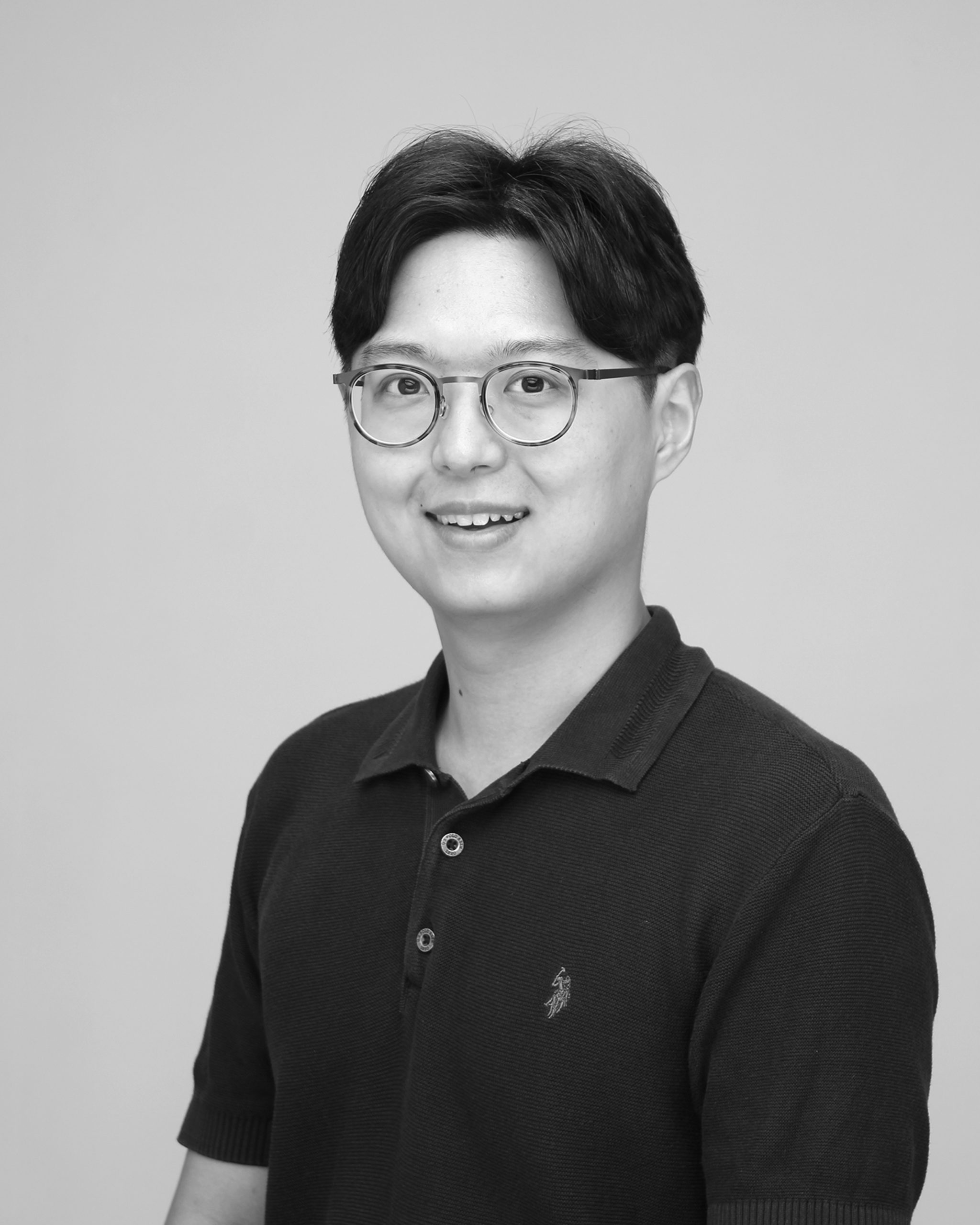
Materials Horizons Poster Prize Jongwoo Nam (Seoul National University) Jongwoo Nam is Ph.D student in Department of Physics and Astronomy, Seoul National University (SNU), under the supervision of Professor Takhee Lee. He received his B.S. in Physics and Astronomy, Computer Science and Engineering at SNU, Korea. His current research interests are the electrical properties of self-assembled monolayers molecular junctions and their development into neuromorphic devices. |
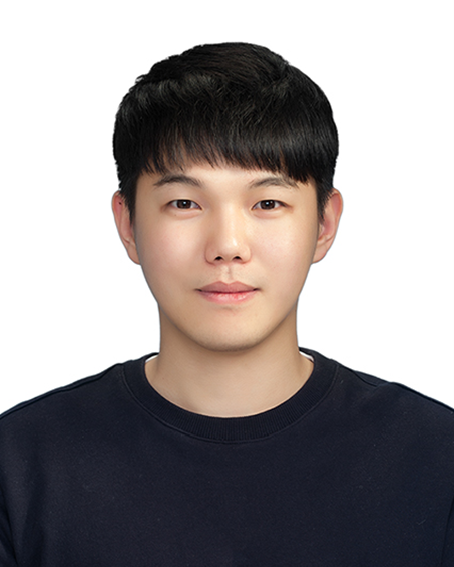
Journal of Materials Chemistry B Poster Prize Minkyu Shin (Sogang University) Minkyu Shin is a Ph. D. Candidate in Department of Chemical & Biomolecular Engineering, Sogang University, South Korea. He received his M. S. in Sogang University, South Korea, under the supervision of Prof. Jeong-Woo Choi. His recent research mainly focuses on the development of bio-actuators composed of muscle cells and inorganic materials, biohybrid robot with nanomaterial-based brain organoid, and electrophysiological signal control of brain organoid. Prior to his current work, he worked on electrochemical enzymatic biosensors and bioelectronic devices to demonstrate the specific electronic functions by using the hybridization of biomolecules and nanomaterials. |
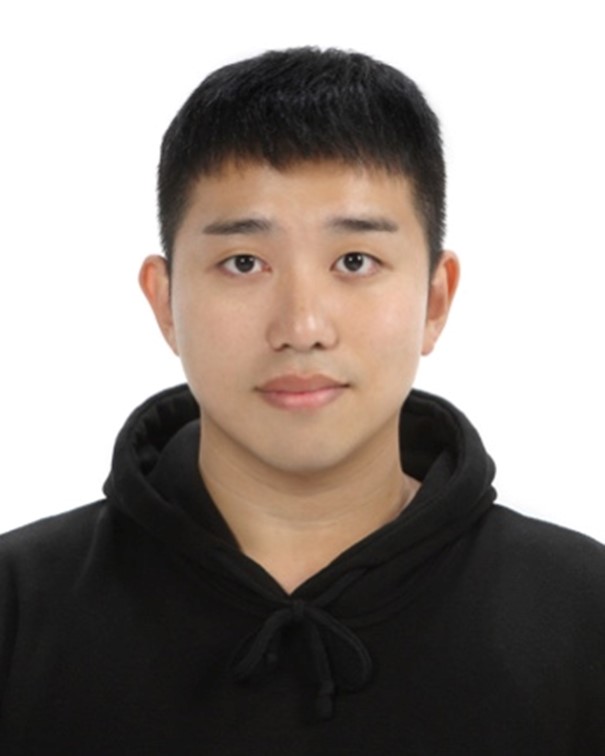
Materials Advances Poster Prize Chan Jae Shin (Korea Research Institute of Bioscience and Biotechnology) Chan Jae Shin is an MS student at the Korea Research Institute of Bioscience and Biotechnology (KRIBB) where he is studying biosensors that detect environmental substances using 2D material field-effect transistors. Recently, research is being conducted to fabricate a sensitive sensor that can detect blue-green algae early. Prior to this he was a BS student in the Department of Optics and Mechatronics Engineering, Pusan National University, where their undergraduate studies were conducted to detect neurotransmitters using electrochemical sensors. He wishes to learn more various things as a student and do research that is helpful for real life in the future. |
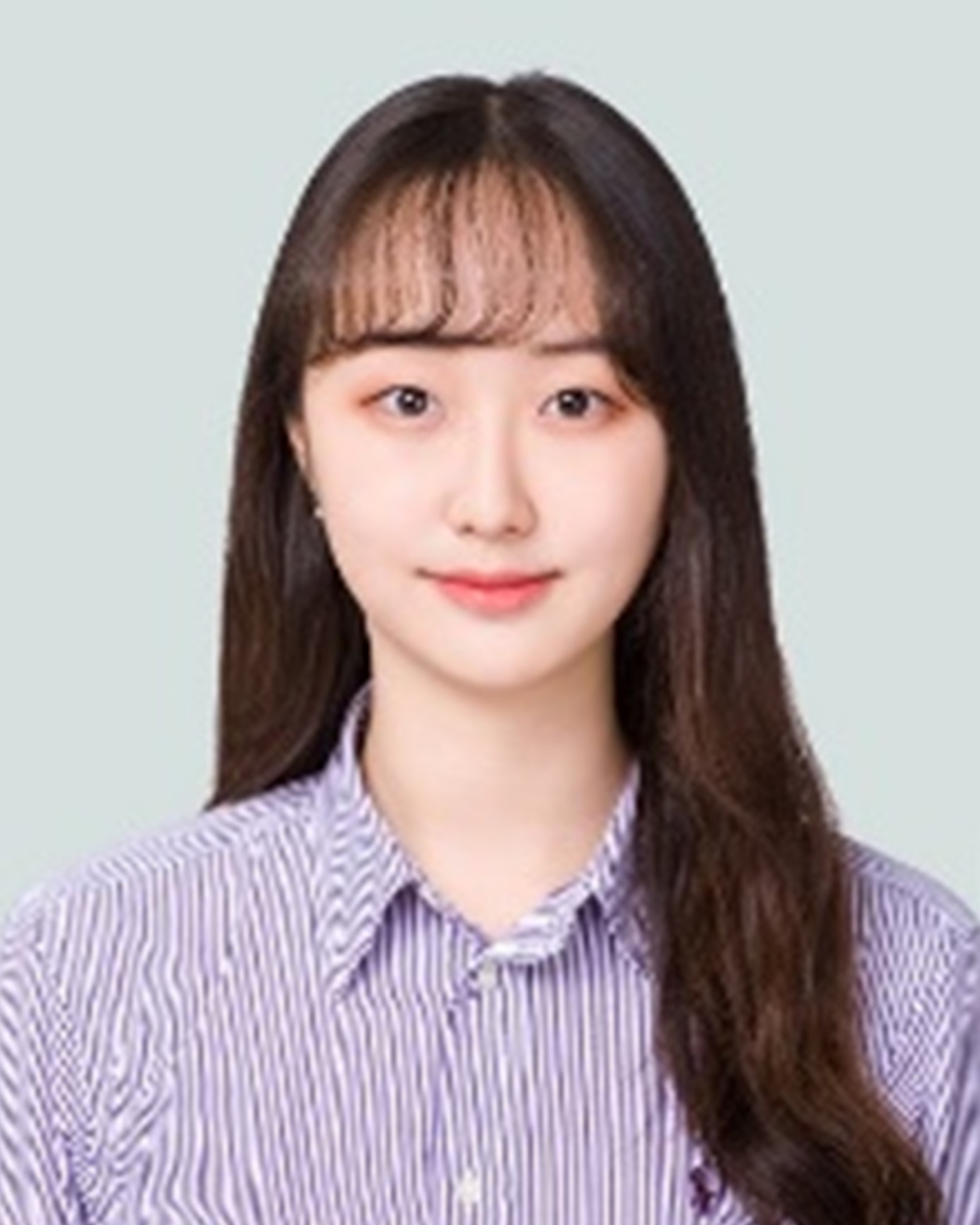
Energy Advances Poster Prize Yunsoo Kim (Hanyang University) Yunsoo Kim is in the integrated master and doctor course in the Division of Materials Science and Engineering at Hanyang university of South Korea, under the supervision of Professor Jinho Ahn. She received her Bachelor of Engineering in the Department of Materials Science and Engineering at Hanyang university (2020). In her undergraduate studies, she studied electronic device materials such as MOSFET and semiconductor device fabrication including lithography. Her recent research focuses on EUV mask for the next generation EUV lithography, especially optical simulation of imaging by material and structural characteristics, and fabrication evaluation of mask absorbers. |
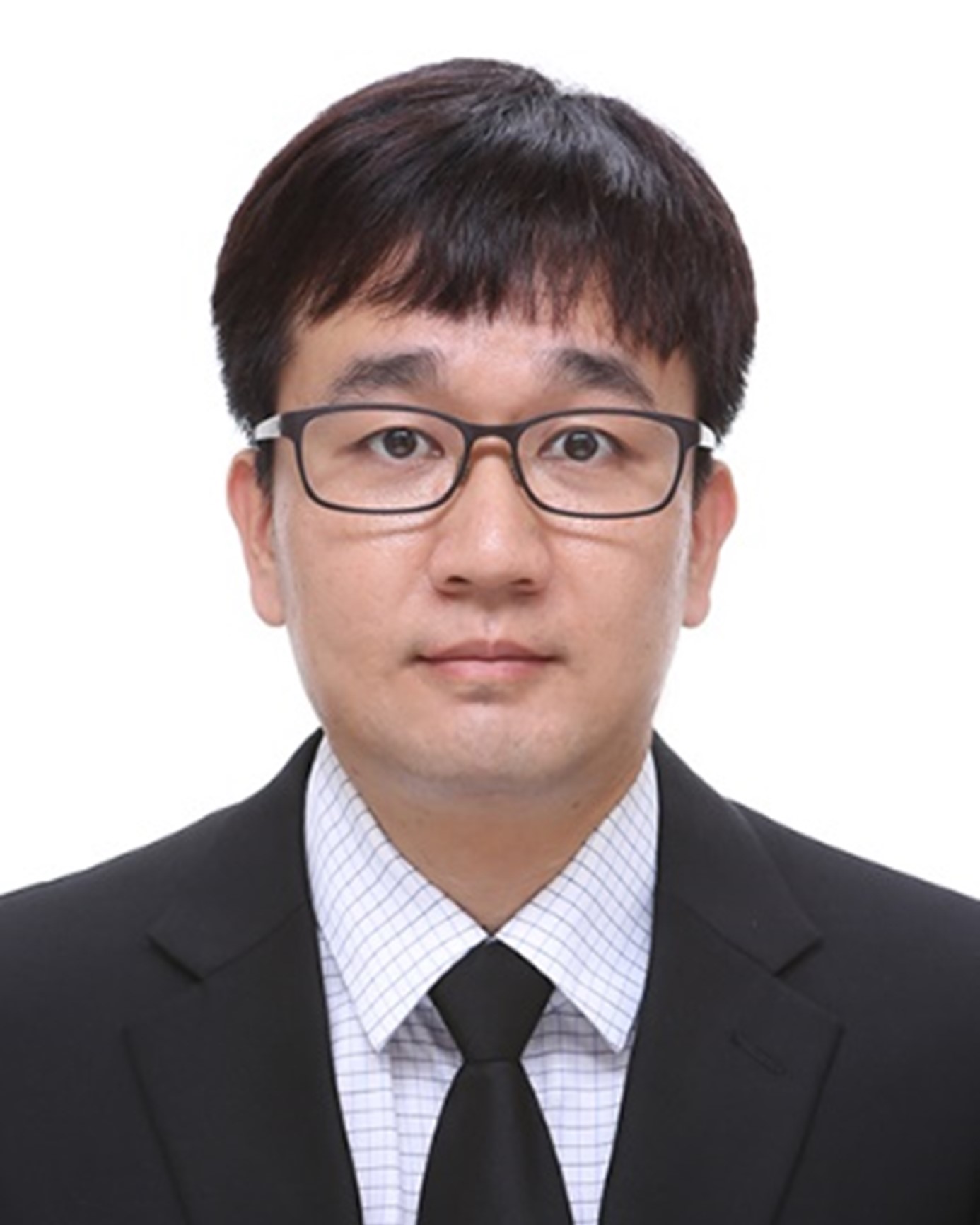
EES Catalysis Poster Prize Hungu Kang (Korea University) Hungu Kang received B.Sc. in chemistry from the Hanyang University in 2007. After finishing his Ph.D. at Hanyang University in 2014, he pursued postdoctoral course at Leibniz University, Germany from 2015 to 2016. After pursuing postdoctoral studies at Hanyang University until 2018, he joined the Prof. Hyo Jae Yoon group in 2018. His current research interests lie on surface engineering and molecular electronics. |












